How and why China is building islands in the South China Sea

China has been building manmade bases over some of the Spratly Islands in the South China Sea since 2014, specifically targeting shallower areas, sandbanks, and reefs—islands, the shallower the better; a place that won’t sink under a load of concrete.
Venice Fights Back
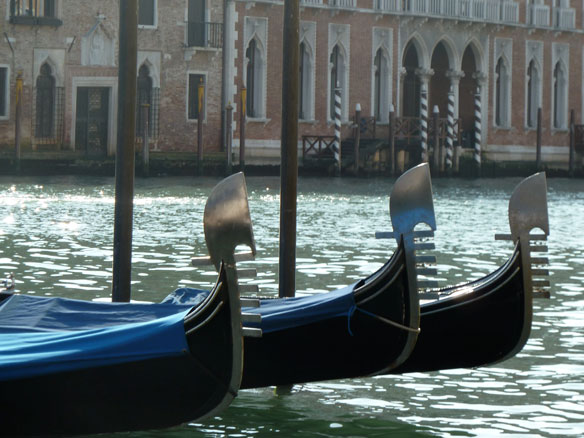
The world’s most beautiful city has never been more threatened. But a passionate movement of locals is determined to keep it alive.
Whanganui River the first in the world to be given legal status as a person, NZ
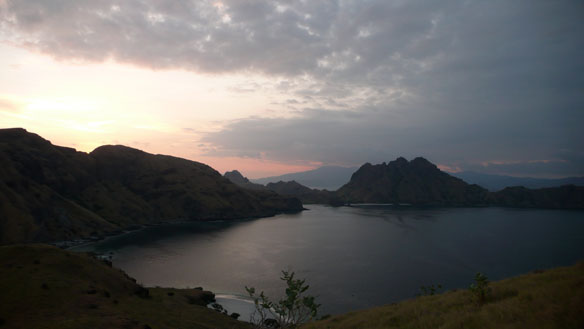
New Zealand’s Whanganui River now has the legal status of a person under a unique Treaty settlement passed into law today. It’s believed to be a world first.
Land reclamation has harmed marine life: Survey
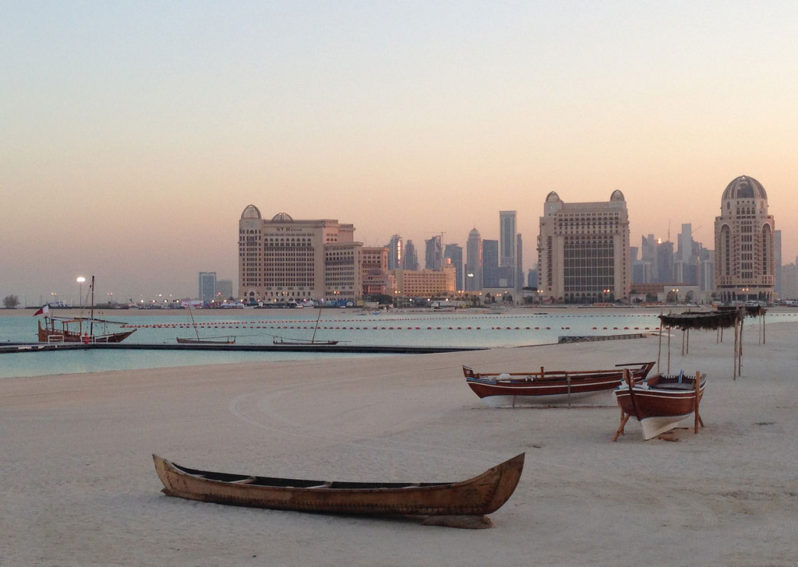
Survey shows that land reclamation has adverse effects on coral reefs and fish quantity has decreased in the last five years in the coastal areas of Doha, Quatar.
“Rezoning” in Brazil Opens Endangered Atlantic Forest to Development

The already-vanishing Mata Atlântica, or Atlantic Forest, of southeastern Brazil is being prepared for auction under the government’s Ecological-Economic Zoning program. Previously protected costal lands are opened up for the construction of homes and businesses. Section of Ubatuba that borders Paraty, Rio de Janeiro is predicted to see an increase in construction of up to 50 percent.
How Natural World Heritage Sites Are Being Spoiled
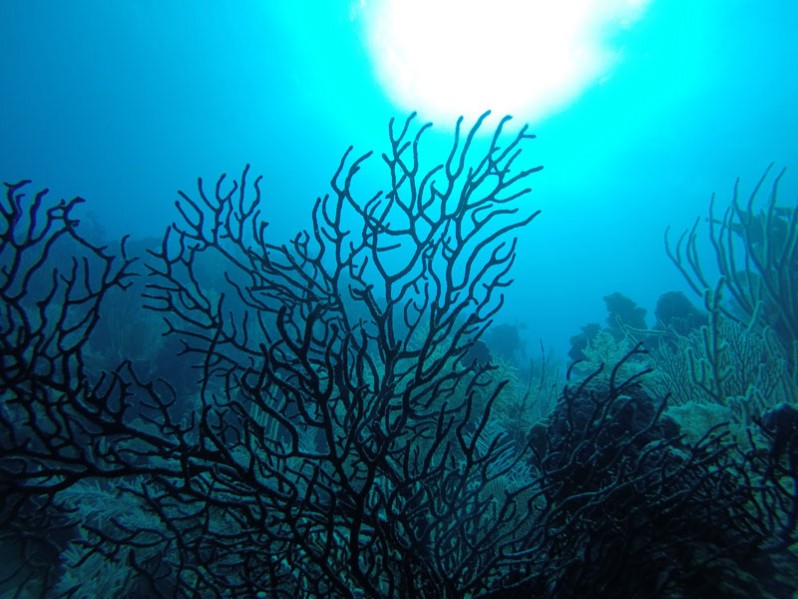
When a place is designated a Natural World Heritage Site, it is a recognition that it has “outstanding universal value” and must be protected. But a new study shows many of these sites are being severely damaged by human activity and are deteriorating rapidly.
This bay in Scandinavia has world record in carbon storing
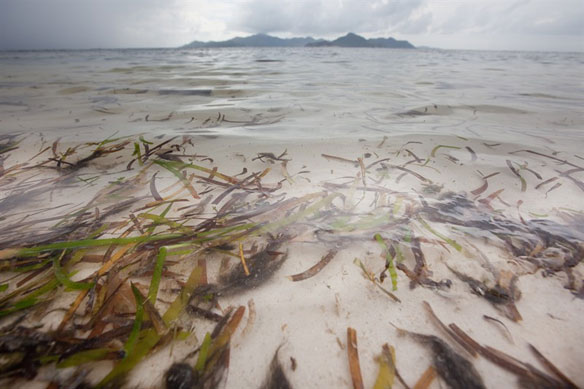
Forests are potent carbon sinks, but also the oceans’ seagrasses can store enormous amounts of carbon. A little bay in Denmark stores a record amount of carbon. Here is the secret.
Philippines rejects underwater theme park
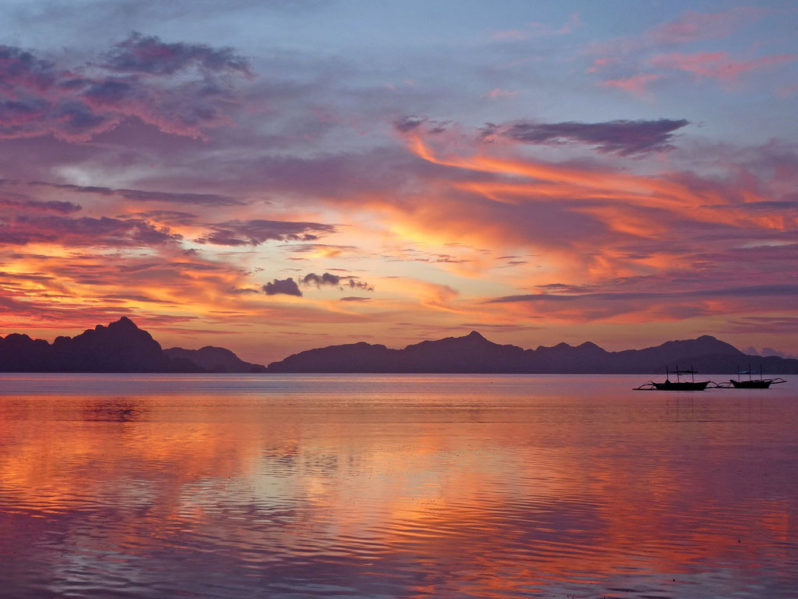
Environment minister says she will not allow US TV network Nickelodeon to build park on pristine Palawan island. Conservation groups call Palawan the country’s “last ecological frontier” because of its relatively untouched coastlines and forests, which are among the oldest and most diverse in south-east Asia.
Chesapeake Bay, nation’s largest estuary, is finally getting healthier
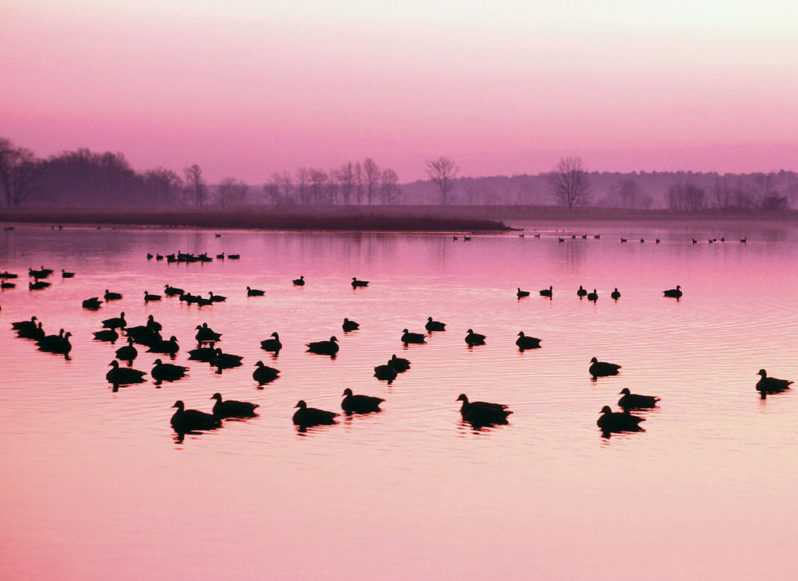
Water clarity in the Chesapeake Bay is the best it’s been in decades, and native rockfish, oyster and blue crab populations are rebounding as the overall health of the nation’s largest estuary improves, a report released Thursday found.
